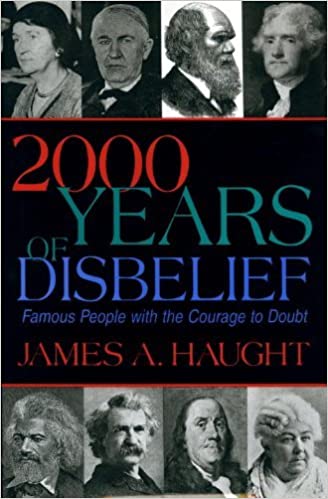This piece was reprinted by OpEd News with permission or license. It may not be reproduced in any form without permission or license from the source.
Short segments of four-lane roads were built. Trolley tracks were paved over. Along came drive-in restaurants, drive-in movies, drive-in banks, Polaroid cameras, synthetic fabrics, permanent-press clothes, contact lenses, frozen foods, ski slopes.
Space conquest took off like a rocket: Sputnik in 1957, manned flights in 1961, fixed-orbit communications satellites in 1963, a man on the moon in 1969. The first lunar landing was astounding. The second was a bore. We tire quickly of miracles.
Giant dishes of the National Radio Astronomy Center in nearby mountains began listening to pulsars and quasars invisible to Mount Palomar.
Soon there were photocopiers, Super-8 movies, jet-skis, pantyhose, home videotape, microwave ovens, computers, hang-gliders, pocket calculators, digital watches, video game arcades, digital camcorders. Film cameras gave way to digital. Jet trips to the Caribbean became easy.
Life expectancy rose from 48 years at the start of the 1900s to nearly 80 years today, thanks largely to the discovery of penicillin and other antibiotics. Organ transplants and sex-change surgery and CAT-scans are commonplace. Magnetic resonance imaging arrived, then PET scans positron-emission tomography, using supposedly impossible antimatter.
My newspaper work formerly was a world of molten lead pots, arm-swinging Linotypes and Speed Graphic cameras as big as hatboxes. Typed news stories were sent to the composing room in a basket on pulleys through the ceiling. Automation arrived, first via ticker tape, then electronics. Now typewriters are antiques. We work on video screens filled with news formerly fed by a roof dish from a satellite 22,000 miles above the equator, and now from broadband cable. Lasers separate colors of photos. Full pages are assembled on huge screens.
The astounding computer age, in which everything is digitized into zeros and ones, transformed human life. The Internet put the entire world into immediate contact. Billions of daily e-mails wiped out old-style letter-writing, leaving the U.S. Postal Service mostly a conduit for junk mail. Today, nearly two billion websites include an estimated 600 million blogs like this one. Digitizing enabled streaming of videos, so television exploded from three local channels to an ocean of hundreds of channels.
Change hasn't been just technical. Divorce was unknown in the 1930s; now couples switch like a square dance. Playboy magazine brought sex into the open and paved the way for R-rated movies. Blacks weren't allowed into white restaurants, theaters, hotels, pools, clubs or suburbs until the civil rights movement defeated the Jim Crow system. Religion tried to become "relevant" in the 1960s, but that movement got trampled by fundamentalists, Moonies, Krishnas and Jonestown. Housewives went to jobs and fast-food chains filled the kitchen gap. Rock music coalesced the youth culture. Homosexuals came out of the closet and finally were allowed to marry.
Good grief! Where are we headed? Genetically engineered babies? Moon colonies? Non-families? Twenty-hour work weeks on home terminals? Cyborg bodies with replacement parts?
In our lifetimes, we've seen more change than happened in 10 centuries before the Industrial Revolution. Yet sometimes it seems that nothing's really different. Life's still a struggle of raising children, paying bills, fixing the roof, coping with the rat-race.
When I was born, the planet had two billion people. Now it's approaching eight billion quadrupled in a single lifetime. Trying to guess what may come next utterly blows my mind.
(Haught is editor emeritus of West Virginia's largest newspaper, The Charleston Gazette-Mail. He can be reached by e-mail at haught@wvgazettemail.com.)
(Note: You can view every article as one long page if you sign up as an Advocate Member, or higher).





